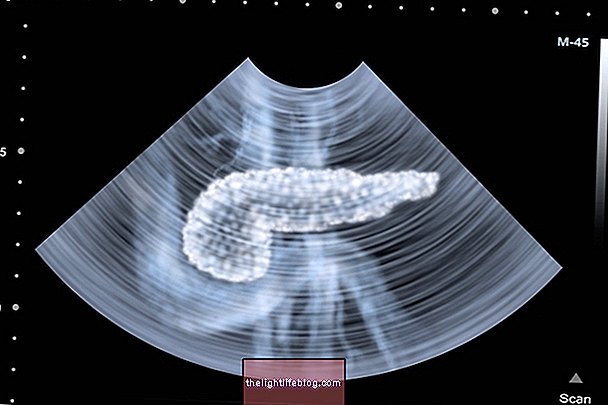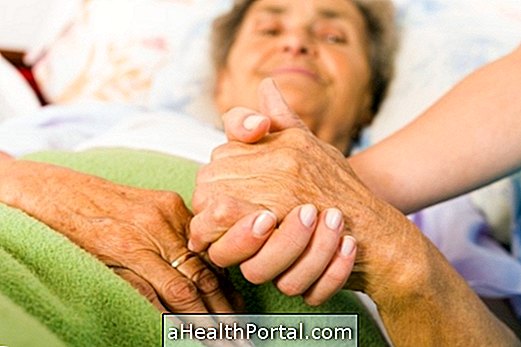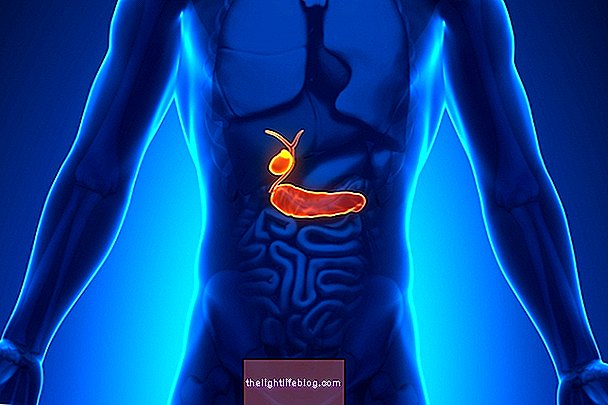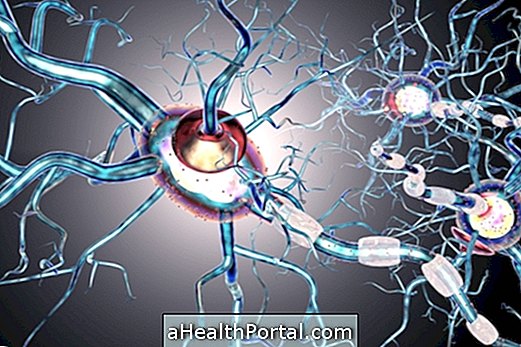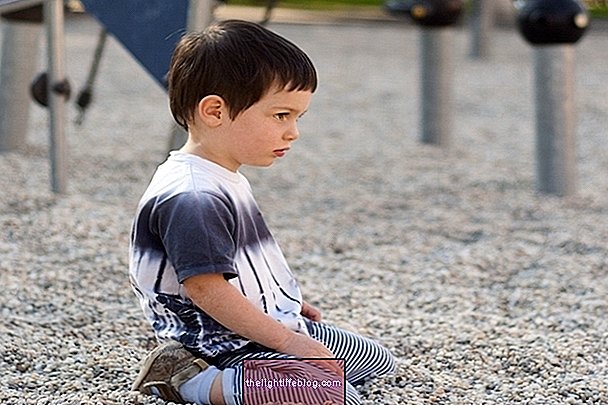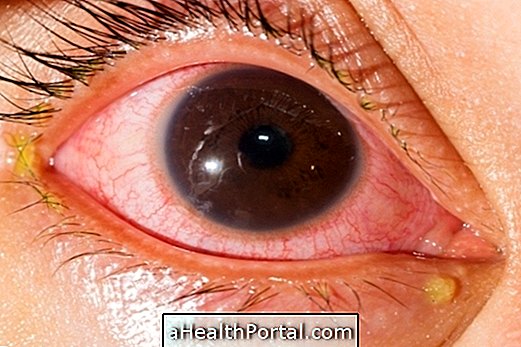Kaposi's sarcoma is a cancer that develops in the blood and lymph vessels. The most common manifestation of Kaposi's sarcoma are red-purplish skin lesions that can appear anywhere on the body and may be confused with skin cancer.
The cause of the onset of Kaposi's sarcoma is infection by a subtype of Herpes family virus called HHV 8 or KSHV. This virus is transmitted sexually and through saliva. Infection with this virus is not enough for the onset of cancer, and it is necessary for the individual to have a weakened immune system as it happens in people with HIV or the elderly.
There are 4 types of Kaposi sarcomas:
- Classical : rare, slow evolution and reaching mainly elderly men with compromised immune system;
- Endemic or African : quite aggressive and reaching young blacks from Equatorial Africa;
- Post-transplantation : arises after transplantation, mainly of kidneys, when the individuals are with the weakened immune system;
- Associated with AIDS : more aggressive form of cancer and with rapid development.
Kaposi's sarcoma can be fatal when it hits the blood vessels of other organs, such as the lungs, liver or gastrointestinal tract, causing bleeding that is difficult to control.
Photos of Kaposi's sarcoma
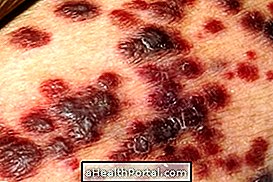

Symptoms of Kaposi's sarcoma
The most common symptoms of Kaposi's sarcoma are red-purple skin lesions scattered around the body and swelling of the lower limbs due to fluid retention. In black skin, the lesions may be brown or black.
In the most severe cases, where Kaposi's sarcoma reaches the gastrointestinal system, there may be:
- intestinal bleeding,
- abdominal pain,
- nausea,
- vomiting.
Individuals with HIV may develop pulmonary Kaposi's sarcoma in which the cancer reaches the lungs causing respiratory failure, difficulty breathing, chest pain and sputum with blood.
The diagnosis of Kaposi's sarcoma is performed through a biopsy and confirmed by pathological analysis.
Treatment of Kaposi's sarcoma
The treatment of Kaposi's sarcoma may be the use of chemotherapy, radiotherapy, immunotherapy and medications to inhibit the formation of new blood vessels. The use of antiretroviral drugs also helps to slow the development of the disease and promote regression of skin lesions, especially in patients with AIDS.
Kaposi's sarcoma has a cure, but it depends on the condition, age, and condition of the patient's immune system.

